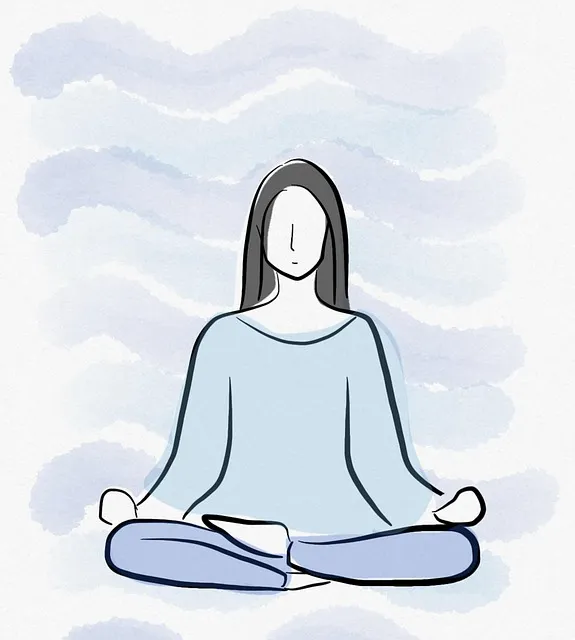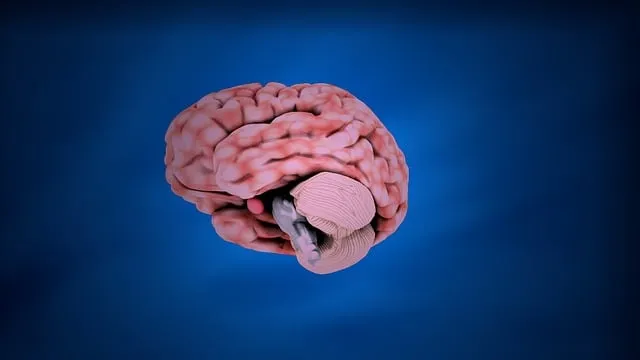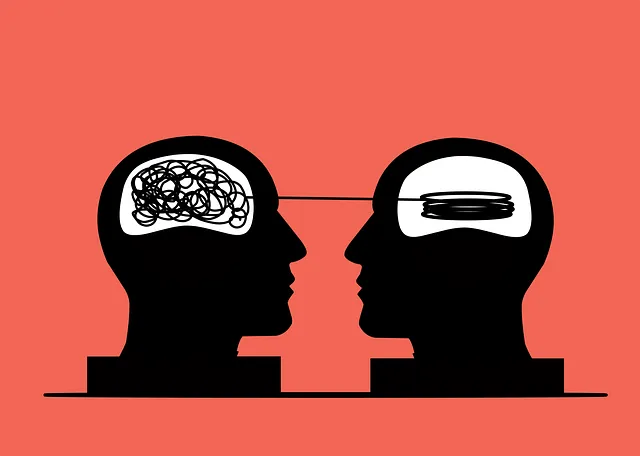Mindfulness meditation, popularized by Kaiser Permanente's mental health resources, offers profound benefits for mental well-being. By focusing on the present and observing thoughts without judgment, individuals can improve self-awareness, manage emotions, and reduce trauma's impact. The Kaiser Permanente mental health number Golden provides guidance, encouraging a dedicated home meditation space with calming decorations. Starting small, practicing daily, and using breathing exercises help overcome challenges. Integrating mindfulness into daily life, as supported by these resources, fosters resilience and personal growth, transforming routine activities into well-being rituals.
“Unwind your mind and embrace a sense of calm with mindfulness meditation, a powerful tool for enhancing mental well-being. This comprehensive guide explores the art of unlocking profound benefits through mindful practices. We delve into the fundamentals, providing insights on how to harness its power effectively. Discover practical tips from setting up a serene home practice to overcoming common challenges.
For personalized support, refer to the Kaiser Permanente Mental Health Number, offering expert guidance. Integrate mindfulness into your daily routine and let these techniques be your compass, guiding you towards a more balanced and fulfilling life.”
- Understanding Mindfulness Meditation: Unlocking the Benefits
- The Kaiser Permanente Mental Health Number: A Resource for Guidance
- Setting Up Your Meditation Practice at Home
- Common Challenges and How to Overcome Them
- Integrating Mindfulness into Daily Life: Tips and Techniques
Understanding Mindfulness Meditation: Unlocking the Benefits

Mindfulness meditation is a powerful practice that encourages individuals to focus on the present moment, cultivating awareness and acceptance of one’s thoughts and feelings. This ancient technique has gained immense popularity due to its potential to unlock profound benefits for mental well-being. By simply observing without judgment, mindfulness becomes a tool to enhance self-awareness exercises, enabling folks to gain clarity and perspective on their emotions and behaviors.
For those seeking Self-Esteem Improvement or Trauma Support Services, mindfulness meditation can be a game-changer. It allows individuals to detach from negative thought patterns and reduce the impact of traumatic memories. Kaiser Permanente mental health resources emphasize the role of mindfulness in promoting overall health and happiness, encouraging its integration into daily routines as a simple yet effective way to navigate life’s challenges.
The Kaiser Permanente Mental Health Number: A Resource for Guidance

The Kaiser Permanente Mental Health Number serves as a valuable resource for those seeking guidance on mindfulness meditation practices. This dedicated line offers expert advice and support tailored to enhancing mental well-being, with a particular focus on Golden State residents. It bridges the gap between individuals and professional help, providing accessible solutions for improving mental health.
This initiative is part of Kaiser Permanente’s broader Mental Health Policy Analysis and Advocacy efforts, reflecting their commitment to Mental Health Awareness. By offering this number, they aim to reduce the stigma around seeking assistance for anxiety relief and promote proactive self-care strategies like mindfulness meditation.
Setting Up Your Meditation Practice at Home

Creating a dedicated space at home is the first step to establishing a consistent meditation practice. Start by setting aside a quiet area, free from distractions and clutter. This can be a corner of your bedroom or a small alcove—any place that feels serene and inviting. Invest in a comfortable cushion or chair to support your posture during meditation. Ensure you have enough lighting for clarity, perhaps a soft lamp or natural daylight.
Decorate your meditation space with items that inspire calmness; this could be plants, candles, or artwork that resonates with you. Remember, the environment significantly impacts your mental state. So, transform your home into a sanctuary where you can connect with yourself and practice mindfulness regularly. With dedication, this sacred space will become an essential part of your Self-Care Routine Development for Better Mental Health, just as Kaiser Permanente mental health number Golden guides many towards resources for enhancing their well-being.
Common Challenges and How to Overcome Them

Many people find mindfulness meditation challenging to begin with, but common challenges can be easily overcome with practice and patience. One of the primary hurdles is staying focused; our minds are naturally restless, especially when exploring a new practice like meditation. To combat this, start small by setting aside just 5 minutes a day for your practice. There’s no need to rush or judge your experience; even brief moments can provide benefits.
Another common issue is the perception that mindfulness means achieving a state of stillness and quietude, which can be intimidating. Instead, think of it as cultivating awareness and presence in each moment. It’s about observing your thoughts and feelings without judgment, not stopping them. If you find yourself getting overwhelmed, remember to breathe—a simple yet powerful tool for grounding and centering yourself both during and after meditation. For additional support, consider reaching out to Trauma Support Services or exploring resources from Kaiser Permanente mental health number Golden, which offer guidance tailored to your needs. Enhance your practice with consistent effort, and you’ll find that mindfulness meditation becomes a valuable ally in managing mood and cultivating overall well-being.
Integrating Mindfulness into Daily Life: Tips and Techniques

Integrating mindfulness into daily life is a powerful way to enhance overall well-being. It’s not just about setting aside time for formal meditation; rather, it involves cultivating present-moment awareness in everyday activities. Start by incorporating simple practices like mindful eating, where you focus on the textures, tastes, and aromas of your food without distraction. This can transform mealtimes into a nourishing ritual.
For a more holistic approach, consider adding mindfulness to daily routines such as walking or even brushing your teeth. Notice the sensation of each step or the feel of the toothbrush against your teeth. These techniques build resilience and empathy by fostering a deeper connection with yourself and others. Kaiser Permanente’s mental health resources, including guidance on mindfulness meditation, offer valuable support for those seeking to integrate these practices into their lives, enhancing their overall public awareness campaigns development and personal growth journey.
Mindfulness meditation, as a powerful tool for enhancing mental well-being, is now more accessible than ever thanks to resources like the Kaiser Permanente Mental Health Number. By integrating practices outlined in this article—from setting up a dedicated space at home to overcoming common challenges—you can unlock the profound benefits of mindfulness and cultivate a more balanced, peaceful life. Remember, just as Golden states, consistent practice is key to reaping the rewards of meditation.






